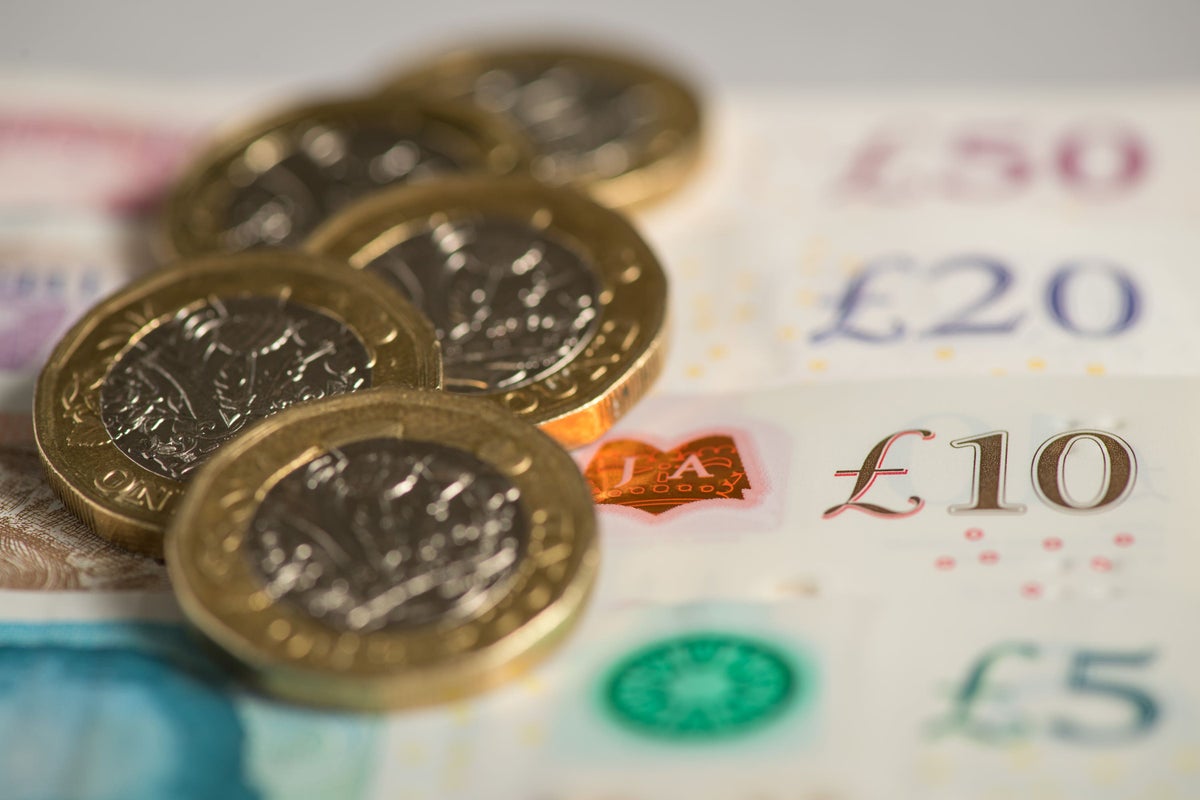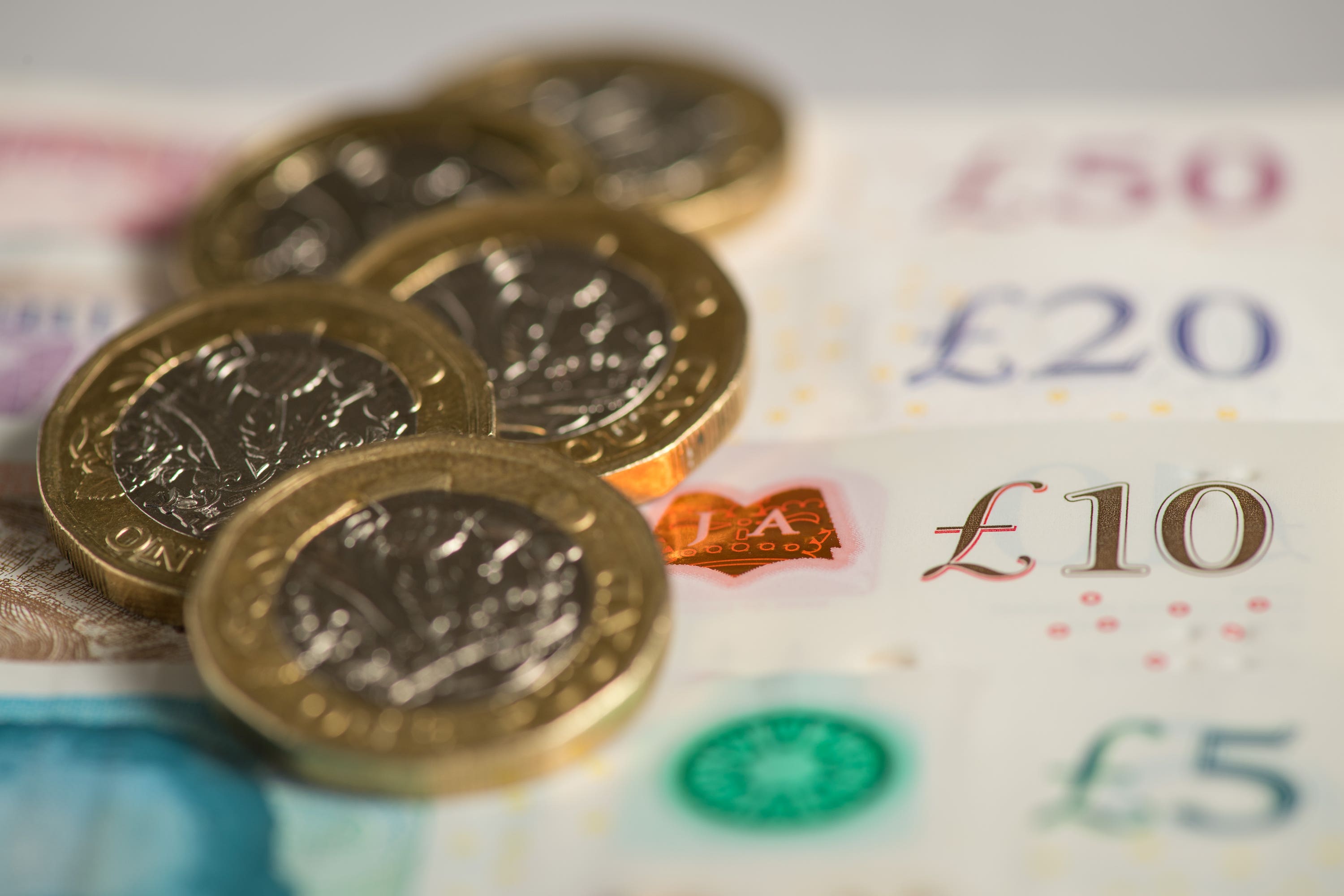
New research published by a think tank says that one in five workers will be paying the higher rate of income tax of 40 per cent or above by 2027.
The Institute for Fiscal Studies (IFS) estimates 7.8 million workers will be dragged into the higher band due to frozen thresholds, with middle-income earners paying a rate aimed at the wealthy.
The standard personal allowance - the amount at which a worker begins to pay tax - is £12,570. Income tax thresholds usually rise in line with inflation but were frozen by Rishi Sunak when he was chancellor in 2021.
He did so to repair the public finances after the Covid pandemic and the move, known as ‘fiscal drag’, was extended by Jeremy Hunt, the current chancellor, until 2028.
But what does it mean for your finances?
Someone earning £80,000 in 2027-28 will be paying around £2,300 more in income tax a year as a result of the freeze to the personal allowance and higher rate threshold, according to the IFS.
A worker earning £40,000 would be paying around £450 extra in income tax while an employee taking home £25,000 would also pay an additional £450.
One in five (20 per cent) of workers paying the higher amount of income tax equates to one in seven (14 per cent) of the adult population – representing a “seismic shift” and around a quadrupling of the share of adults paying higher rates since the early 1990s – the IFS said.
In 1991-92, 3.5 per cent of UK adults (1.6 million) paid the 40 per cent higher rate of income tax. By 2022–23, 11 per cent (6.1 million) were paying higher rates, the report added.
The six-year freeze to income tax allowances and thresholds which started in April last year could become the single biggest tax-raising measure since former chancellor Geoffrey Howe hiked VAT in 1979, according to the institute.
The freeze will also compound challenges facing the many workers whose earnings are not keeping up with inflation, the IFS said.
The report predicted: “By 2027–28, more than one in eight nurses, one in six machinists and fitters, one in five electricians and one in four teachers are set to be higher-rate taxpayers.
“Among police officers, architects and surveyors, and legal professionals, we also see significant increases in the share paying higher-rate tax over time, with almost half of the latter two groups expected to be paying higher-rate tax in 2027-28.”
For the 40 per cent rate to impact the same fraction of people as it did in 1991, the higher rate threshold would need to be nearly £100,000 in 2027–28 – nearly double the level set by the UK Government at £50,271, the report added.
People living in Scotland have different income tax bands.
The IFS said it had taken the bands in Scotland into account in its calculations, to include both those paying the Scottish higher tax rate (at 42 per cent) and the Scottish top rate (at 47 per cent) as well as those paying the higher rate (40 per cent) or additional rate (45 per cent) elsewhere in the UK.

Isaac Delestre, a research economist at the IFS, said: “For income tax, the story of the last 30 years has been one of higher-rate tax going from being something reserved for only the very richest, to something that a much larger proportion of adults can expect to encounter.”
He said the freeze to thresholds “is supercharging that process”, adding: “Whether or not the scope of these higher rates should be expanded is a political choice as much as an economic one, but achieving it with a freeze leaves the income tax system hostage to the vagaries of inflation – the higher inflation turns out to be, the bigger impact the freeze will have.”
The IFS report was published as Mr Sunak comes under increasing pressure from senior back benchers to cut taxes ahead of the next general election or risk losing to Labour.
Former cabinet ministers Nadine Dorries, Priti Patel and Jacob Rees-Mogg were due to issue warnings shots at the prime minister in speeches at the National Conservatism Conference.
A Treasury spokesperson said: “After borrowing hundreds of billions to support the economy during the pandemic and Putin’s energy shock, we had to take some difficult decisions to repair the public finances and get debt falling.
“It is vital we stick to this plan to halve inflation this year and get our economy growing again.
“To support working families, we have doubled the tax-free personal allowance, taking three million of the lowest earners out of paying income tax altogether.”







